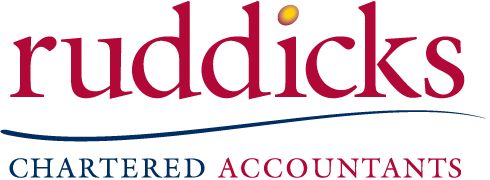New credit, debit & prepaid card surcharge rules
What is a credit, debit or prepaid card surcharge?
It is an extra charge that customers pay on top of the price of goods and services when they choose to pay with a debit, credit or prepaid card.
What are the changes?
The new legislation recently enacted bans “excessive” surcharges, a change which will be enforced by the Australian Competition & Consumer Commission (ACCC). The surcharges are supposed to reflect the actual cost to the vendor of accepting payment by a particular type of card. Under the new law a charge is excessive if a vendor charges the customer any more than the cost of the transaction determined according to the Reserve Bank (RBA) standards.
The RBA hasn’t set a permitted surcharge amount, but they have defined which costs can be included in the calculation of allowable surcharge. The actual cost of a transaction does not include the costs of accepting card payments in general (e.g. costs involved in the risk of fraud, or IT infrastructure). It is mainly the cost of the terminal and the associated bank charges for processing credit card payments that can be on-charged to customers via the credit card surcharges.
Therefore surcharges for cards will need to be levied as a percentage charge on each transaction. This means no more fixed-fee surcharging, unless the fixed amount is lower than the cost of acceptance.
ACCC has warned against introducing new fees that apply to certain payment methods but not to others, i.e. attempting to bypass the new law by calling a surcharge something else. However, the new law does not prevent a business from setting its own prices on the goods and services it sells.
When do the new rules come into effect?
The changes came into effect on 1 September 2016 for large businesses which meet any 2 of the following 3 tests: turnover of $25m; assets of at least $12.5m; at least 50 employees.
For the remaining businesses, the changes will become mandatory from 1 September 2017 though you may choose to adopt the new regime earlier.
How do I calculate my permitted surcharge?
Businesses can expect to receive a monthly statement from their payment service provider from 1 June 2017, which will set out actual costs incurred and which can be on-charged to customers, such as the rental of terminals and gateway fees.
The ACCC provides further guidance on this topic on their website, available here.
What is a typical surcharge cost?
The RBA has said that as a guide, payments through the domestic eftpos system used to process payments from debit cards are usually quite low. Accepting a Visa or MasterCard debit transaction may cost a business around 0.5% of the transaction value.
Credit cards usually have a higher cost for businesses, and may cost the business up to 1%-1.5% for Visa and MasterCard, and between 2%-3% for an American Express card payment.
Note: some merchants' costs may be higher than these indicative figures, especially where they process a relatively low value of credit card transactions.
What payments does this change apply to?
The RBA standard sets out what payment types are covered by the “excessive charge ban”:
- Eftpos (debit and prepaid)
- MasterCard (credit, debit and prepaid)
- Visa (credit, debit and prepaid)
- American Express “companion cards” (American Express cards issued through an Australian financial service provider, rather than directly through American Express).
Those payment types that are not covered by the ban include: BPAY, PayPal, Diners Club cards, American Express cards issued directly by American Express, cash and cheques. The ban also does not apply to any payments made for taxi services.
Additional information about the credit card surcharge changes can be found on the ACCC website:
DISCLAIMER: The contents of this publication are general in nature and we accept no responsibility for persons acting on information contained herein. The content of this newsletter does not constitute specific advice and readers are encouraged to consult their Ruddicks adviser on any matters of interest. © Ruddicks 2016

